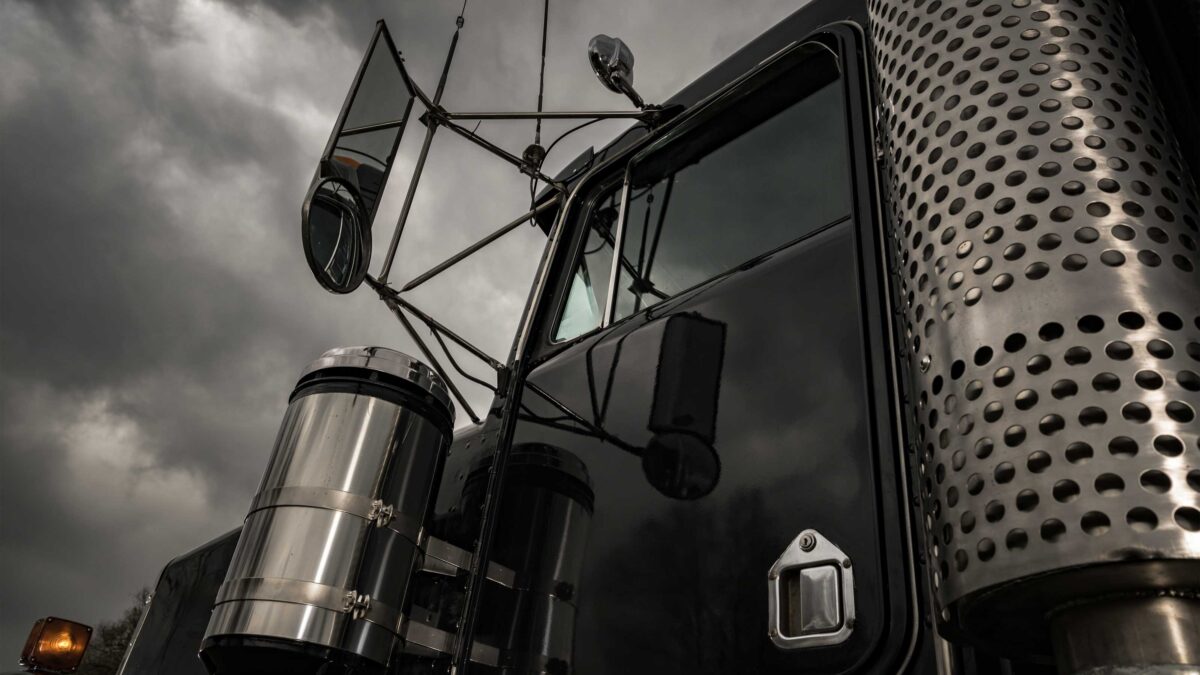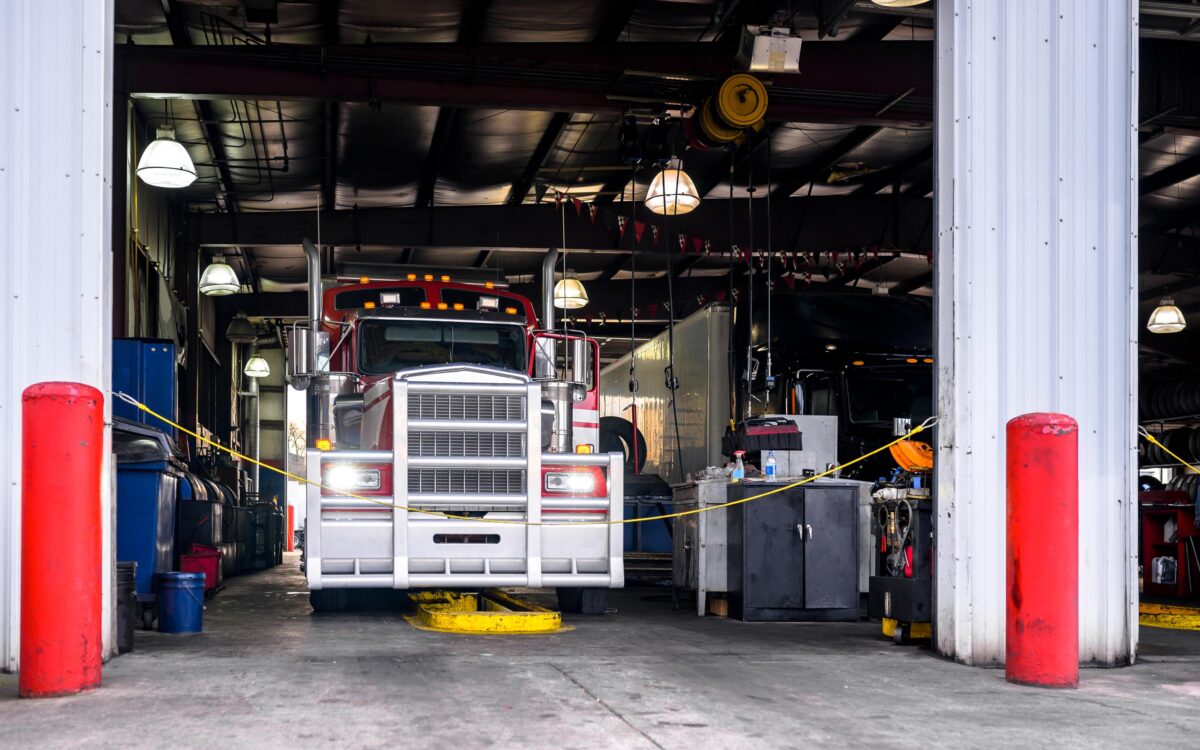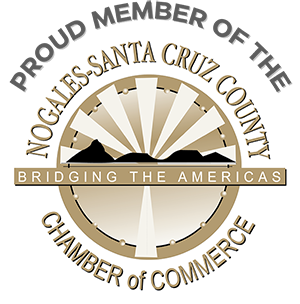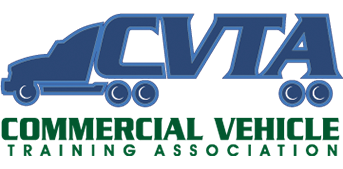Arizona is known for its deserts, mountains, and open highways. For truck drivers, this variety of landscapes creates different challenges depending on the season. From blazing summer heat to sudden winter storms in higher elevations, understanding how seasonal changes in Arizona impact truck drivers is essential for safety and success on the road. Whether you’re new to trucking or working toward your CDL, knowing what to expect can help you stay prepared year-round.
Why Does Arizona’s Climate Matter for Truck Drivers?
Unlike many states, Arizona’s weather doesn’t follow one predictable pattern. Temperatures can swing dramatically between northern mountain regions and southern deserts. A driver traveling from Tucson to Flagstaff can go from 80°F sunshine to icy conditions in a single trip. These sudden changes affect driving safety, vehicle performance, and even driver health.
For truck drivers, being aware of seasonal shifts isn’t just about comfort—it’s about staying on schedule and protecting your cargo. Adapting to Arizona’s climate makes the difference between a smooth run and unexpected delays.
What Challenges Do Summer Months Bring?
Arizona summers are famous for extreme heat, and this creates several concerns for truckers:
- Vehicle Stress: Engines and tires are more likely to overheat when temperatures climb above 100°F. Drivers must stay vigilant about maintenance checks.
- Driver Health: Heat exhaustion and dehydration can set in quickly, especially for long-haul drivers. Staying hydrated and planning rest stops are key safety steps.
- Dust Storms: Known locally as “haboobs,” these sudden storms can drop visibility to near zero, making defensive driving skills vital.
How Do Winter Conditions Affect Truck Drivers in Arizona?
While southern Arizona rarely sees snow, the northern part of the state tells a different story. Truckers who travel through areas like Flagstaff or along I-40 must prepare for icy roads and heavy snowfall. Even if you start in warm Tucson, you may face winter weather within hours.
Slippery roads increase the risk of accidents, so drivers must adapt by reducing speed and increasing following distance. Cold weather can also affect braking systems and battery performance, adding extra layers of responsibility for truck drivers in Arizona’s winter months.
What About Spring and Fall Transitions?
Seasonal transitions in Arizona often bring high winds, thunderstorms, and fluctuating temperatures. For truck drivers, strong crosswinds can push trailers off balance, while sudden rainstorms create slick highways. Fall often means shorter daylight hours, making visibility an important factor in route planning.
Although these seasons are milder compared to summer and winter extremes, they still require awareness and flexibility to ensure safe driving.
How Can Truck Drivers Stay Prepared Year-Round?
The best way to handle Arizona’s seasonal changes is preparation. Truck drivers should:
- Perform regular vehicle inspections, especially before long hauls.
- Keep emergency supplies such as water, blankets, and non-perishable food in the cab.
- Monitor weather reports along routes to avoid unexpected hazards.
- Maintain personal health by balancing rest, hydration, and proper nutrition.
Staying prepared not only helps drivers avoid delays but also protects their health and financial well-being by reducing accident risks.
Ready to Start Your Trucking Career in Arizona?
At HDS Truck Driving Institute in Tucson, we understand the challenges Arizona’s seasons can bring to truck drivers. That’s why our CDL training programs prepare you for real-world driving conditions across every season. Whether you want to complete your training in as little as four weeks or prefer a more in-depth program, we’re here to help you succeed. Our Job Placement Coordinator also works with students to connect them to career opportunities after earning their CDL.
Don’t let Arizona’s seasonal changes catch you off guard—train with us and gain the skills to handle the road with confidence. Start your CDL journey with HDS Truck Driving Institute today and build a career that drives your future forward.
Contact us now at (877) 205-2141 to get started.
Frequently Asked Questions
What is the biggest seasonal hazard for Arizona truck drivers?
Summer heat and dust storms create the most frequent risks, but winter snow in the north can also be dangerous.
How do dust storms affect truck drivers?
They can reduce visibility to almost zero, requiring drivers to slow down, pull over safely, and wait until conditions improve.
Do all truck drivers in Arizona face winter weather?
Not always. Drivers in southern Arizona may not see snow, but those who travel statewide often encounter winter road conditions.
Why is hydration so important for Arizona truck drivers?
Dehydration can cause fatigue and reduced focus, both of which increase the risk of accidents.
How does HDS Truck Driving Institute prepare students for Arizona’s climate?
By teaching defensive driving, vehicle maintenance checks, and strategies for handling extreme weather, HDS ensures graduates are ready for all conditions.




















